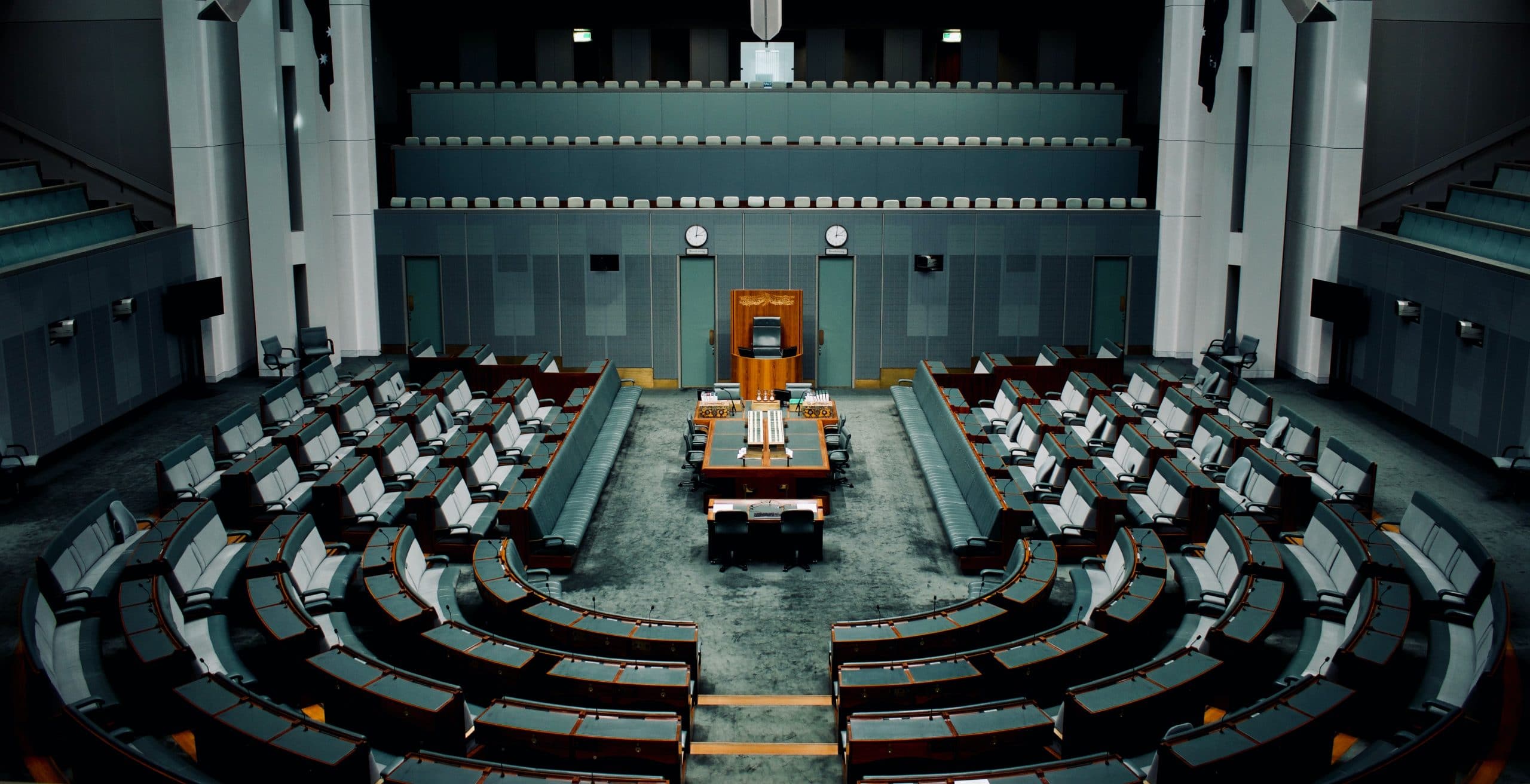Human Rights
Human rights have been developed by humans and states in response to past injustices and acts of inhumanity. These rights guarantee that all human beings are respected and protected in their dignity, equality and freedom and can live in conditions that allow them to develop to their full potential.
As there is no international court which can effectively enforce human rights obligations under international law and to which individuals can address their complaints, it is primarily the responsibility of individual states to meet their obligations under international law and to ensure that human rights are fully realised and that individuals are effectively protected against violations of these rights. In addition to international conventions, human rights are guaranteed by the national constitutions of individual states. The following paper will begin by explaining the concept of human rights and their characteristic elements. It will then address the role of human rights as a binding set of values for a society and the resultant claims which individuals can make. The third part of the paper will present the different types of human rights before exploring potential constitutional restrictions of human rights. Finally, it will set out the consequences of violations of human rights in democratic systems.

Power Sharing for a United Syria is a project run by the European Centre for Kurdish Studies. In Power Sharing for a United Syria, we work on three main pillars Capacity building and dialogue workshops, Policy advice, and Transparency.
In Power Sharing for a United Syria, we regularly organize workshops on constitutional law and the writing of a constitution with members of the Syrian opposition and Syrian civil society. On one hand, Our Advisory Board supports in particular members of the Small Group of the Constitutional Committee to anchor minority rights as an important part of human rights in the constitution. We want to build bridges between the different members of the opposition and representatives of civil society. Moreover, we want to support them in developing mutual positions regarding power-sharing, minority rights and women’s rights. On the other hand, in order to increase the transparency of the Syrian Constitutional Committee (SCC) and its work, we publish, among other things, video clips covering various topics related to the constitutional process.
This topic is discussed more in detail in our full article. Unfortunately, it is available only in German or Arabic.






